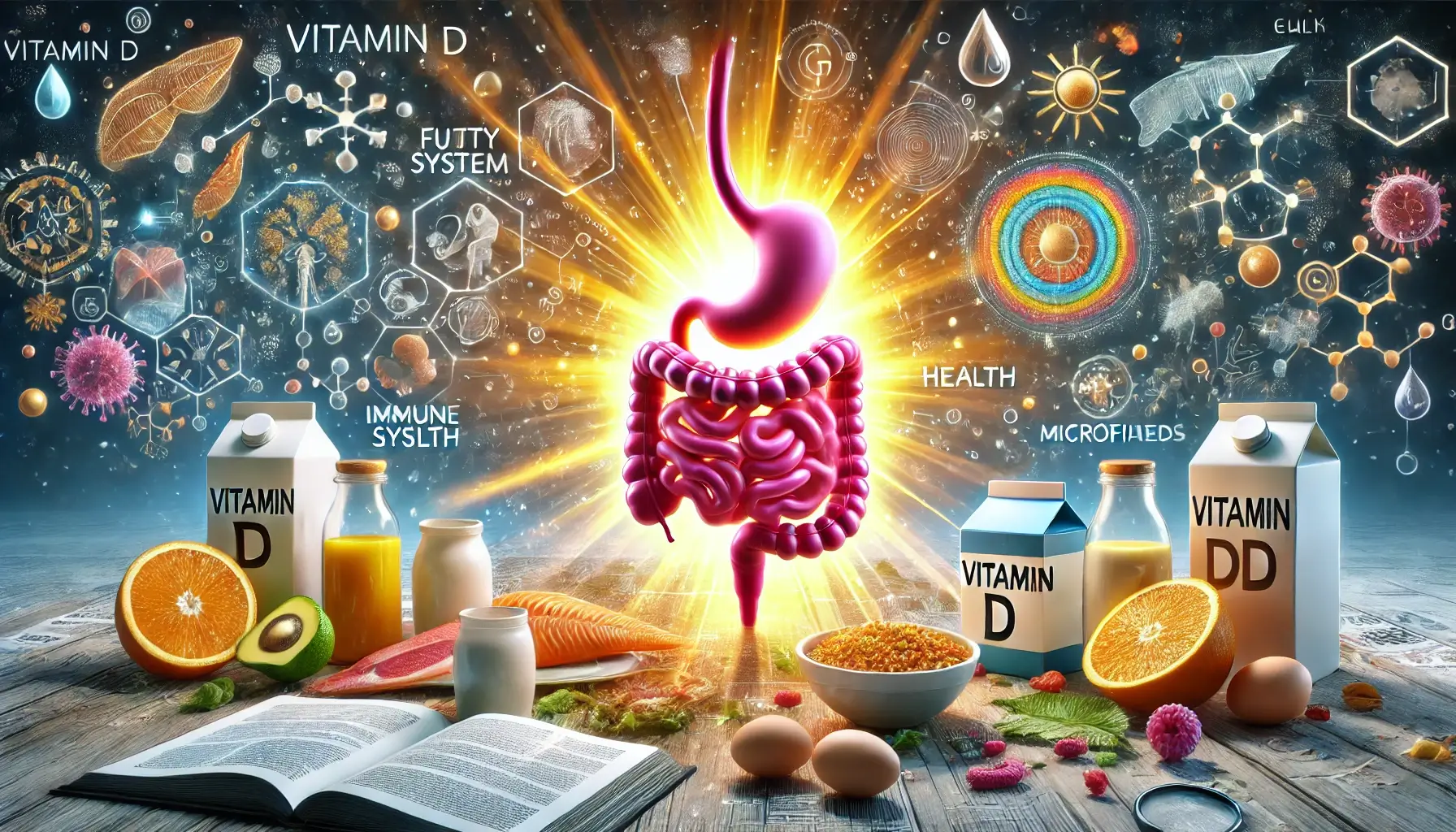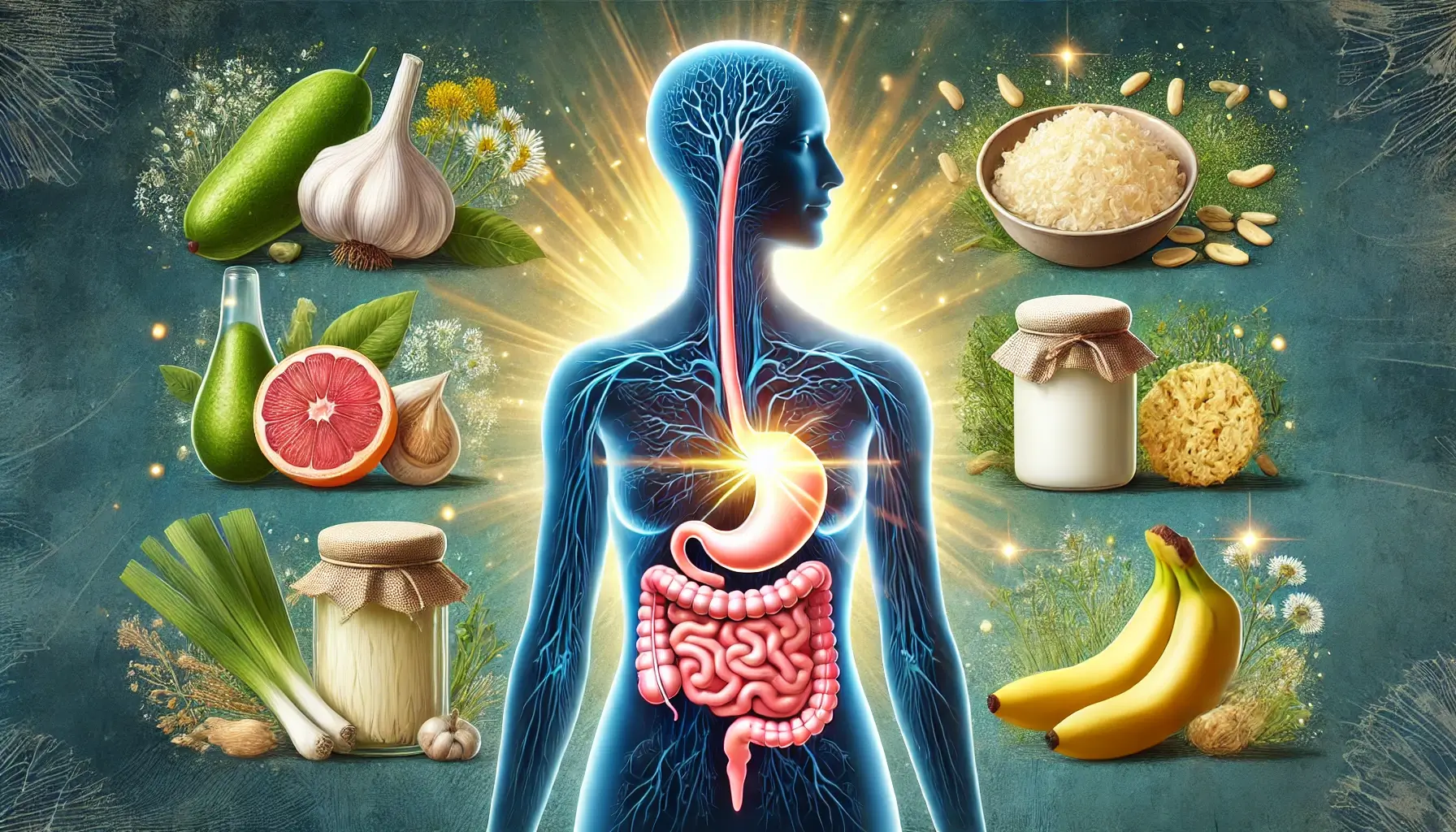Functions of Your Digestive System
Want to learn more about how your digestive system works? Keep reading. We will cover its many organs, acids, and functions. You’ll know more about the proper nerves and acids operating your digestive system. Here is a brief overview of the digestive system. You should be aware of it even if it is a complicated system. Ultimately, it promotes normal body function. To understand how your digestive system works, you must be familiar with its parts.
Digestive system’s six primary tasks
Ingestion, mechanical breakdown, absorption, and elimination are the digestive system’s six primary tasks. During ingestion, food is chewed, and muscle contractions help the food pass through the alimentary canal. These mechanisms break down the meal into smaller pieces and molecules that the body can absorb once it is within the body. During digestion, indigestible materials are eliminated as waste. Your digestive system is divided into various parts, each serving a specific purpose.
Body’s primary immune systems
The primary organ controls the entry and exit of your body’s food, water, and nutrients in your digestive tract, also known as your GI system. It is also essential for energy production, neural communication, and blood circulation. In addition, the digestive system is one of the body’s primary immune systems. But what’s the big deal? First, let’s examine the digestive system’s operation from the inside out. Learning how your body digests food is a great way to learn more about this amazing organ.
Nutrients circulate throughout the body
The human digestive system is made up of various unique organs. These organs transform meals and drinks into more easily absorbed molecules for the body. As the nutrients circulate throughout the body, it used for energy, growth, and cell repair. The organs of the digestive system and their roles are given below. Below is a diagram of these organs. This article will explain their purposes if you are unfamiliar with the many digestive system organs.
Food allows your body to produce energy
Enzymes are essential to the digestion process. They help break down large food molecules into smaller, more absorbable food particles. Digestive enzymes also break down individual food particles. Finally, the nutrients in your food allow your body to produce energy, repair cells, and maintain a healthy weight. In addition, your digestive system can help you get rid of waste. In the absence of any enzymes, you can experience diarrhea, gas, and stomachaches.
The brain starts and stops producing digestive juices
If you’re interested in how the digestive system works, you must understand how it interacts with the central nervous system. The brain and spinal cord transmit chemical signals to the esophagus and stomach that are intended for the digestive system. For instance, the salivary glands tell the brain when to start and stop producing digestive juices. The digestive system also has chemicals that help food move through the GI tract and connect nerves to the central nervous system.
The small intestine absorbs nutrients and waste
The digestive system breaks down food into little pieces that the body can swiftly absorb and utilize. The digestive system comprises the esophagus, stomach, liver, pancreas, and gallbladder. It is in charge of breaking down food into its primary chemical constituents. Once the nutrients have made it through the digestive system, the body uses them to develop, heal, and function. The digestive system is split into two parts: the small intestine and the large intestine—the first two work in tandem to break down food into easily digestible bite-sized pieces. The small intestine absorbs nutrients and waste, whereas the big intestine absorbs water.
The small intestine is 23 feet long
The intestinal villi transport nutrients through your digestive system. The crypts alternate with vili, which are tiny strands of the intestine. The small intestine is 23 feet long, with healthy crypts accounting for one-third to a fifth of that length. However, several medications and other conditions can impair the villus. For example, stop taking Benicar if you’ve been diagnosed with celiac disease and see your villi grow back.













